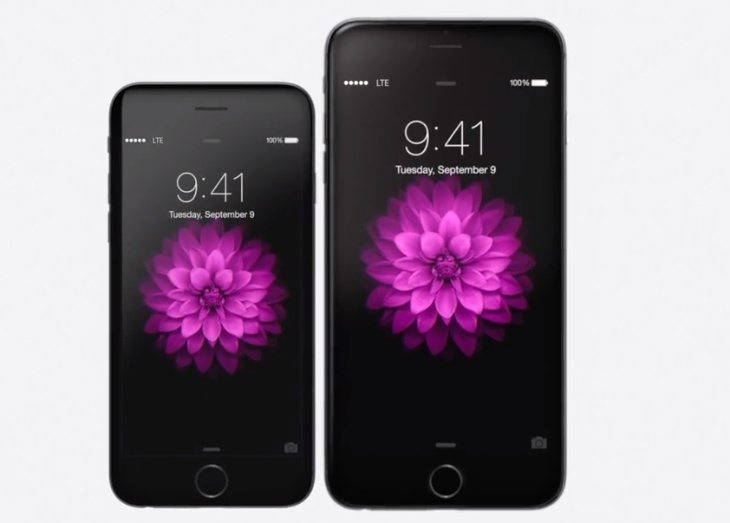Study says new iPhones are more durable

Now that both models of the iPhone 6, the smaller, 4.7-inch, and the bigger, 5.5-inch version, are getting into their owners’ hands, and the media, we’re seeing more and more reports (and even some early reviews) concerning everything iPhone. However, it is just normal for studies and reports to surface regarding the actual durability of these new (and otherwise rather expensive) smartphones. One such study, conducted by SquareTrade (a provider of extended protection plans), is claiming that the iPhone 6 is more durable that last year’s models (the iPhone 5s and the iPhone 5c). Furthermore, the iPhone 6 is also claimed to be more durable than at least one leading Android flagship smartphone.
Out of the two 2014 models, the iPhone 6 was found to me more durable “across a variety of tests that measures how prone smartphones are to break due to everyday accidents”. The iPhone 6 Plus, the larger model, also did relatively well, but lost in favor of the iPhone 6 because of its size. According to SquareTrade, users will likely drop it more often because of its larger form factor, which makes it relatively more difficult to hold on to.
The way SquareTrade draws its conclusions is, according to Yahoo, by taking a close look at the phones from eight perspectives, “including size, weight, grip and the quality of the front and back panels”. Sliding distance (when tossed across a table) is also measured and so is measuring how well these devices cope with drops from 4 feet, as well as submersion in water for 10 seconds.
The iPhone 5s from last year performed better than the Samsung Galaxy S 5, this year’s Samsung flagship. Of course, these are the findings of one particular study, and we shouldn’t take its conclusions for granted. The reason why the iPhone 5s surpassed the GS5, according to the study, is because the Samsung phone underperformed in a number of tests, including the sliding test.
So, here are the final results, based on scores (the lower, the better, the lower the risk):Â Apple iPhone 6: 4; Apple iPhone 6 Plus: 5; Apple iPhone 5s: 6; Samsung Galaxy S5: 6.5.
We’d be very interested to see an official stance from Samsung regarding these findings, knowing that the Galaxy S5 has a rubbery back which should prevent it from sliding around (at least more than the pure aluminum back of the iPhones). You can always read more about the issue at the source link below, and drop us a comment telling us your experience with the durability of your phones.
Source: Yahoo

Live Comment
Your email address will not be published.